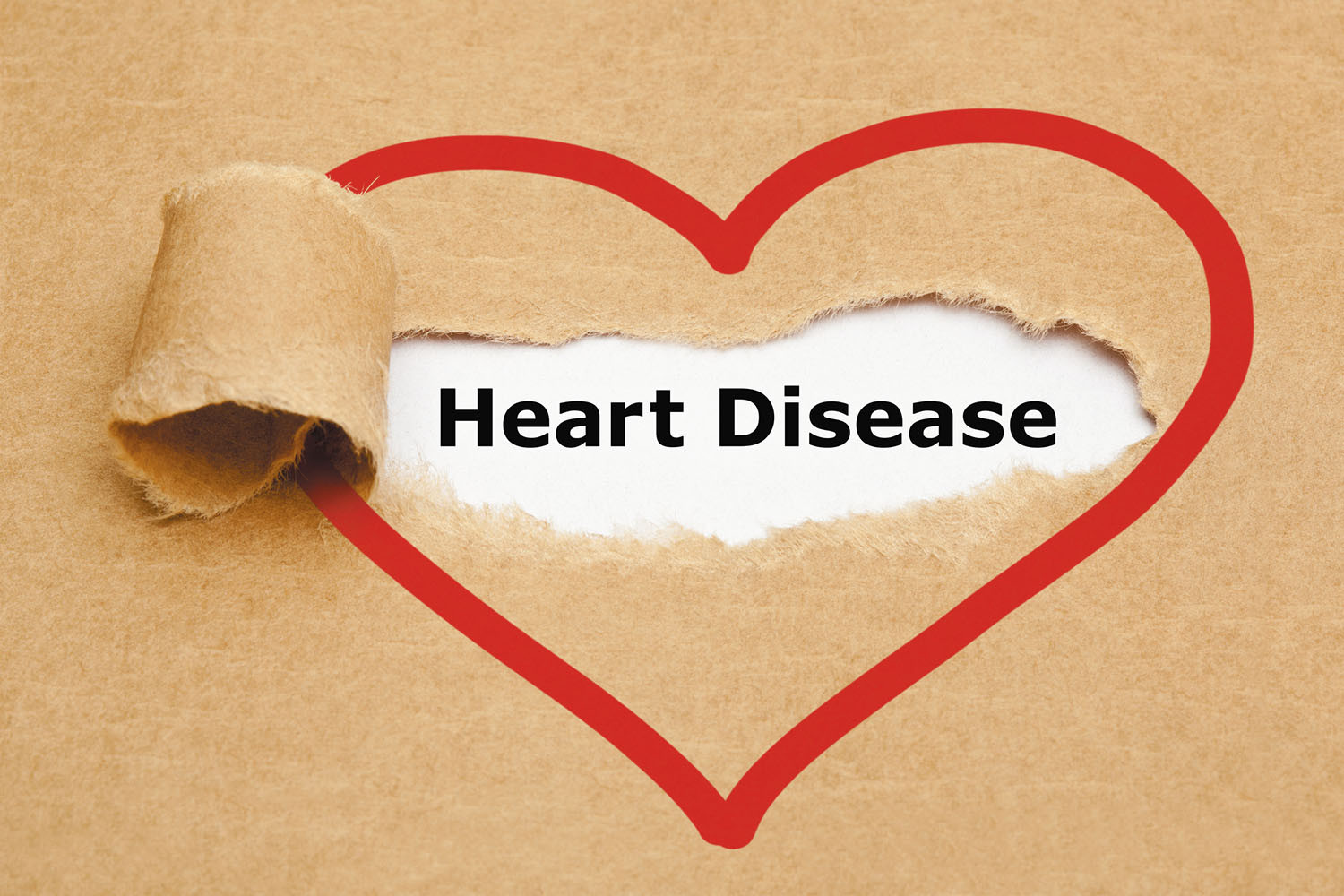
Tips to leverage neuroplasticity to maintain cognitive fitness as you age

Can white noise really help you sleep better?

Celiac disease: Exploring four myths

What is prostatitis and how is it treated?

What is Cushing syndrome?

Exercises to relieve joint pain

Think your child has ADHD? What your pediatrician can do

Foam roller: Could you benefit from this massage tool?

Stepping up activity if winter slowed you down

Common causes of cloudy urine
Mental Health Archive
Articles
Does social media make you lonely?
Do you feel you spend too much time on social media? Does the time you do spend on social media leave you feeling depressed, anxious, or lonely? Being more aware of how much time you spend and how it makes you feel, and taking steps to limit your usage, could leave you feeling better.
Finding hidden risk for heart disease
These conditions are associated with a higher risk.
Image: © IvelinRadkov/Getty Images
Most men are familiar with the common strategies to reduce their heart disease risk: keep cholesterol in check, manage high blood pressure, follow a heart-healthy diet, and perform regular exercise. But there may be other preventive steps you can take.
"Some age-related conditions can further increase your risk without you knowing it, which is why it's important to be mindful about all aspects of your health," says Dr. Michael Gavin, a cardiologist with Harvard-affiliated Beth Israel Deaconess Medical Center. "Fortunately, once they are recognized, these other risk factors can be addressed and managed."
Tips to remember
Memory lapses are common as you age, but there are ways to help your brain store new information and recall it later.
Image: © fotosipsak/Getty Images
Does this sound familiar? You go into the kitchen, but can't remember why. Or you can't recall a name you just heard during a conversation, or miss a routine appointment because it slipped your mind.
"Everyday memory lapses like this can be upsetting, but they are more common than we often assume," says Dr. Joel Salinas, a neurologist specializing in behavioral neurology and neuropsychiatry at Harvard-affiliated Massachusetts General Hospital.
Daytime sleepiness may indicate a higher risk for Alzheimer’s disease
In the journals
Are you excessively sleepy during the day? If so, you may have a higher risk of Alzheimer's disease, according to a recent study published online Sept. 5, 2018, by the journal Sleep.
Scientists asked 124 healthy older adults, average age 60, about how often they felt drowsy or fell asleep during the day when they would rather be awake, as well as their napping habits. The group then had regular PET scans over the next 15 years to look for beta-amyloid in the brain, high amounts of which are a hallmark for Alzheimer's.
Drugstore sleep aids may bring more risks than benefits
Explore more effective alternatives to help you get a good night's rest.
Image: © miya227/Getty Images
You've spent the past few nights staring at the ceiling, thinking about your grocery list, lining up your tasks for the next day, or obsessing about your problem du jour — but what you really want to be doing is sleeping soundly. You're in the pharmacy and notice an array of over-the-counter sleep aids, and you're tempted. Will taking one help you get that deep slumber you crave?
Before you reach for that bottle, you might want to reconsider.
5-minute fixes for better health
Taking on a new health regimen can be daunting. Accomplishing smaller tasks that contribute to health may be easier to achieve.
You know what you're supposed to do: exercise daily, ditch junk food, get more sleep, and stay vigilant about every aspect of your health. It's a nonstop commitment that seems like a major undertaking if you've fallen behind. But putting off a healthy lifestyle increases the risk for developing chronic disease and jeopardizes your independence.
Rather than identifying big ways to improve your health, and then procrastinating, focus on small tasks that won't overwhelm you. Try a quick fix once in a while — or all the time if it applies. The more you do, the better you'll feel.
Do hangovers damage the brain?
Ask the doctor
Q. With the holidays coming, I may be tempted to drink more than usual — maybe enough to have a hangover the next morning. I'm wondering if a hangover could actually damage my brain.
A. There have been a few scientific studies of that question. Recently, a team of scientists examined those existing studies, involving over 1,100 people, and came to some tentative conclusions, published online August 25 by the journal Addiction.
What’s good for your heart is good for your brain, even later in life
News briefs
Image: © Shuttermon/Getty Images
A French study published Aug. 21, 2018, in The Journal of the American Medical Association suggests that the more steps you take to boost your heart health, the lower your risk for developing dementia. Researchers evaluated health and lifestyle data for more than 6,000 men free of dementia and heart disease men in their 70s to see how they were doing when it came to following seven steps recommended by the American Heart Association: not smoking; controlling weight; getting regular physical activity; eating a healthy diet (that included fish twice a week or more, and fruits and vegetables at least three times per day); and maintaining healthy blood pressure, cholesterol, and blood sugar levels. Researchers also conducted psychological testing on participants at various times. After eight years, it appeared that men who followed five to seven of the healthy habits had the least risk (8%) for developing dementia during the study, compared with men who followed two or fewer habits (they had a 13% risk). The study was observational and doesn't prove that following heart-healthy habits will lower your dementia risk. But many other studies have made similar connections. The takeaway: It's not too late to try to prevent dementia.
The head-heart connection: Mental health and heart disease
Common mental health disorders are linked to a higher risk of heart attack and stroke. Learn to spot the warning signs.
Image: © imtmphoto/Getty Images
Heart disease and mental health issues are both common. So it's not surprising that these problems often occur together. But are people with depression or anxiety more prone to developing cardiovascular disease?
Teasing out the answer to that question has proved tricky. Some factors known to contribute to a higher risk of heart disease (for example, an unhealthy diet, lack of exercise, and smoking) are also common in people with mental health issues. Now, new research that adjusts for those potentially confounding factors suggests the answer is yes.

Tips to leverage neuroplasticity to maintain cognitive fitness as you age

Can white noise really help you sleep better?

Celiac disease: Exploring four myths

What is prostatitis and how is it treated?

What is Cushing syndrome?

Exercises to relieve joint pain

Think your child has ADHD? What your pediatrician can do

Foam roller: Could you benefit from this massage tool?

Stepping up activity if winter slowed you down

Common causes of cloudy urine
Free Healthbeat Signup
Get the latest in health news delivered to your inbox!
Sign Up











